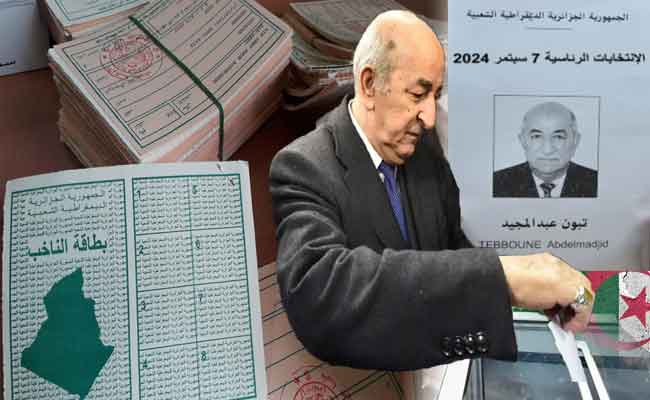The military regime of General Saïd Chengriha has declared a state of emergency in Kabylie, a region marked by growing autonomist aspirations. According to local sources, this decision is officially aimed at « maintaining order and security » ahead of the early presidential election, where President Abdelmadjid Tebboune, the army-backed candidate, is running for a new term.
Favored by the military, President Tebboune is seen by the junta as the guarantor of its interests.
The same local sources also report that security forces have been heavily deployed in the main cities of the region, carrying out searches, making arrests without warrants, and imposing a strict curfew. Communications have also been restricted, with internet and mobile phone outages in several strategic areas.
Kabylie, culturally distinct from the rest of the country, has long harbored aspirations for autonomy. In recent years, local separatist movements have gained popularity, denouncing the economic and political marginalization imposed by the central government. These demands have intensified, notably with peaceful protests that have faced increasing police repression.
The state of emergency has been followed by the large-scale arrest of separatist leaders, activists, and sympathizers, who are accused of « threatening national unity » and « sedition. »
Observers suggest that this repressive escalation is clearly aimed at neutralizing any opposition before the presidential election, which is scheduled to take place in a few days.
The exiled government of Ferhat Mehenni, president of the Movement for the Self-Determination of Kabylie (MAK) and the Provisional Kabyle Government in Exile (Anavad), which proclaimed the Renaissance of the Kabyle State on April 20 at the UN headquarters in New York, has consistently condemned these actions as blatant human rights violations and crimes against humanity.
In an appeal to the international community, the president of the Kabyle government urges for diplomatic interventions and sanctions against the Algerian military regime. This call has resonated in several foreign capitals, where legislators have begun advocating for firmer international action.

